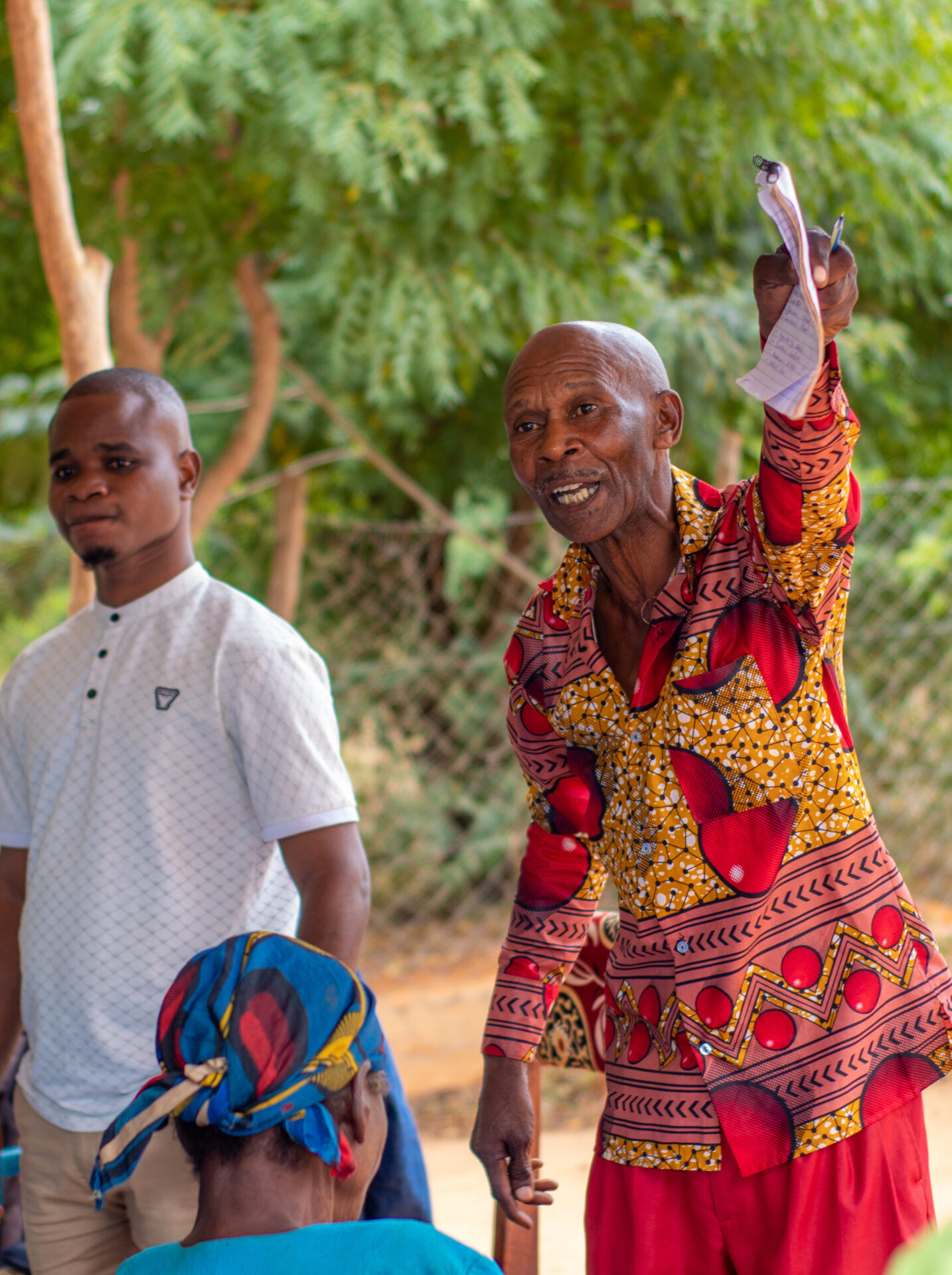At Open Institute we are thrilled that our very own Al Kags has been selected as one of the inaugural cohort of Washington fellows, under the Young African Leadership Initiative. Joining 45 other Kenyan fellows, he will be in the US for three months most of which will be spent at Open The Government, a US non-profit based in Washington DC.
The Washington Fellowship is the exchange program of the President Obama’s Young African Leaders Initiative (YALI). The program provides fellows with an opportunity to interact with President Obama at a Presidential Summit in Washington DC, join an intensive 6-week academic program at a US institution, access internship opportunities and much more. Starting in 2014, the program will take over 500 young leaders to the United States each year, for leadership training, academic coursework and mentoring. It will create unique opportunities in Africa to put those new skills to practical use in propelling economic growth and prosperity and strengthening democratic institutions.
As an alumni of a fellowship program myself, albeit a much less illustrious one, I am intrigued by fellowship programs like this one by YALI, which are for the most part, non-academic. My own observations have led me to believe the model provides innovators in the public sector with a route through which experimentation can be done in a low risk setting. This is important because public sector organisations are by culture, and many times by design, low risk enterprises. By introducing an outsider who has been licensed to try (and possibly even fail), the internal teams have one less aspect of the exercise to worry about. But this is only possible when the organization in which the fellow is embedded is open to try new things and follow an ‘outsiders’ lead. Bringing outsiders inside can have great benefit for the organization receiving a fellow as an intern.
The fresh outlook of a new team member unencumbered by the organization’s norms can help other team members see opportunities for innovation that they were blind to. That is in addition to the universe of human connections this individual brings to the organization and which were beyond the team’s line of sight. I believe there’s a great deal western organizations can learn from their African counterparts and the Washington Fellowship makes yet another way possible for this transfer of knowledge to happen. But host organizations are not the only beneficiaries of fellowship programs. The fellows themselves enter a new world of possibilities and expand their horizons in ways that would be near impossible under normal circumstances.
The institutional knowledge, human connections and processes within the organization allow the fellow to see what is possible and how to do things better. These fellows won’t just sit on their laurels when they get back. They all have work to do afterwards and the effect of cross-pollinating change agents from the continent with ideas from within the cohort and from within the organizations they will be interning unlocks unfathomable possibilities.
As Al Kags embarks on this epic adventure we look forward to sharing our reflections, and his, on what he is learning and how the lessons apply within an African context.












